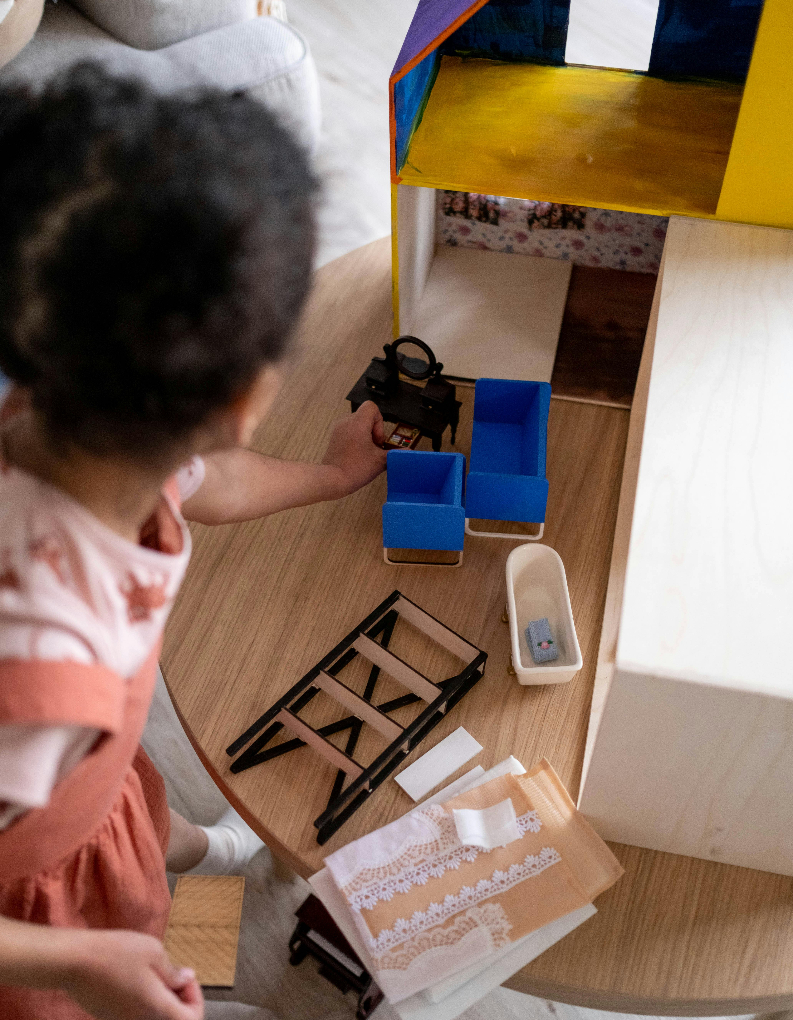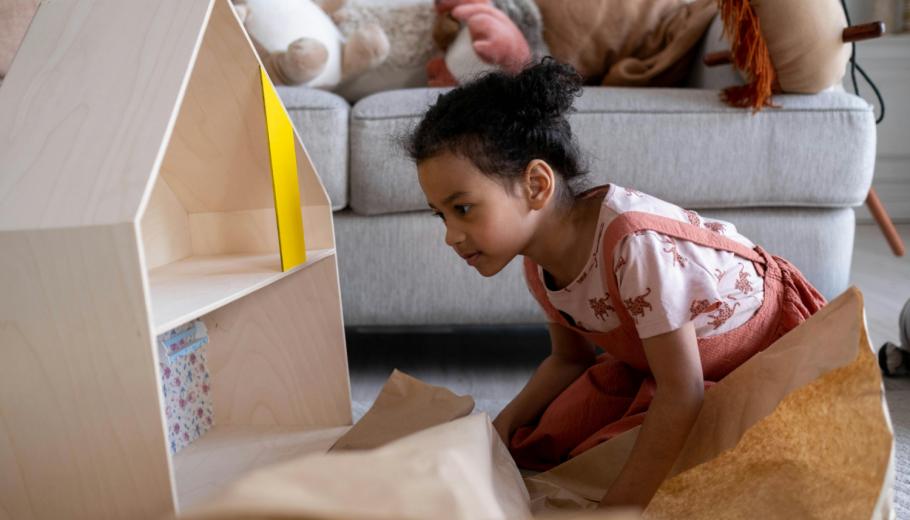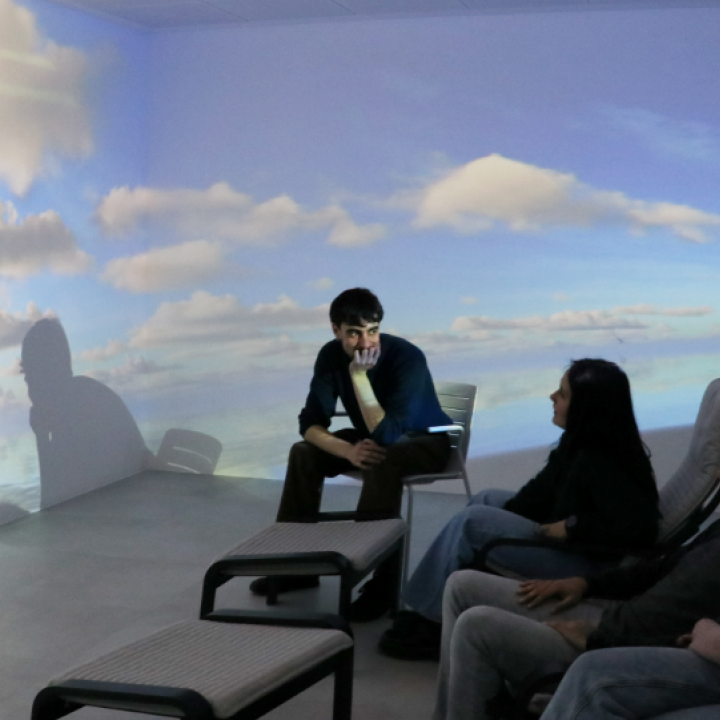The Crisis Intervention Program (PIC) has given attention to 11 children and adolescents at the Terres de l'Ebre Reception Center.
Within the framework of the Brain Week, we want to claim the need to continue advancing the model of social and health integration, especially in terms of mental health care. In fact, the advancement in integrated care, focused on people and their community environment, is evident. The sector has identified this need for some time, and gradually, we are witnessing the constitution of cooperative and interdepartmental work systems.
Socio -sanitary integration, now constituted as a National Pact approved by the Government, is the main objective of the Crisis Intervention Program (PIC), which has been accompanying children and adolescents with mental health needs at the Terres de l'Ebre Reception Center (CATE) in Suara Cooperativa. A very necessary program, given that about 48% of children in residential foster care could have some type of mental health condition and only 27% receive treatment (2).
What is the peak and how does it work?
The PIC is part of the services of the Child and Judgment Mental Health Center (CSMIJ). Its main purpose is to provide specialized care and treatment at home for people with suspicion or confirmation of mental disorders, helping them to achieve the clinical stability needed to access community care resources..

11 Children attended at Cate of Suara Cooperativa
The program empowers the professionals we participate in, establishing a multidisciplinary support network that goes beyond traditional expectations, focusing on the emotional well-being of each individual. In this sense, the cooperative model of Suara has provided a community approach, ensuring that each case is treated individually and with a comprehensive perspective.
Since its implementation in 2022, 11 cases have been treated with a very positive assessment, improved both the coordination between the services and the care of children and adolescents. In fact, since the inauguration of the CATE in 2009, collaboration with the CSMIJ professionals has been enriched by the idiosyncrasy of the territory, communication and close work. However, the need to improve communication channels were identified, so an internal protocol was developed in order to improve the detection of cases and streamline bureaucratic procedures, such as recipe update and emergency care.
Key aspects of the program:
- Specialized and multidisciplinary team: The program has a diversified team of professionals, including psychiatrists, psychologists, social workers and educators, who collaborate closely to develop personalized care plans. The CSMIJ Nursing Team that acts as a main interlocutor.
- Home care: Home intervention allows for a better understanding of the family and social context of children, facilitating more attention to their needs. Accompanying in home could significantly reduce hospitalizations (3).
- Improvement in Mental Health: Home care has allowed closer monitoring of mental health problems, reducing crises and observing an improvement in adherence to psychiatric treatment.
- Early detection: The programs improve the detection of health problems, which allows fast interventions and avoiding complications that could require hospitalization.
- Satisfaction of minors: Surveys conducted in foster care centers with home care programs show a 70% increase in the satisfaction of children and adolescents participating in their medical care.
In a complex society, it is essential to adopt a global vision where the person is the center of attention. The peak represents a significant step towards this direction, promoting more human and integrated care in the field of mental health. However, only 5% of the children and youth population receive attention to the CSMIJ; While most epidemiological studies indicate that mental health problems affect between 10% and 20% of this population (4).

In short, we still have a lot of work to protect, enhance and guarantee emotional and social well -being, creating the conditions that allow optimum psychophysiological development, as well as to enhance mental health, respecting culture, equity, social justice and the dignity of people.
Carmen Alcantara
Direct Care Technician to the Terres de l'Ebre CATE
More information:
- Programa d’atenció a la crisi infantil i juvenil en salut mental a Catalunya
- Sainero, Ana, Valle, Jorge F. del, & Bravo, Amaia. (2015). Detección de problemas de salud mental en un grupo especialmente vulnerable: niños y adolescentes en acogimiento residencial. Anales de Psicología, 31(2), 472-480. https://dx.doi.org/10.6018/analesps.31.2.182051
- Giménez Díez, D. (2021). Hospitalització a domicili en salut mental: satisfacció dels pacients i experiència de les infermeres (Tesi doctoral). Universitat Autònoma de Barcelona, Programa de Doctorat en Medicina.
- LA SALUT MENTAL DE LA INFÀNCIA I L'ADOLESCÈNCIA A CATALUNYA: situació actual, mancances i propostes





